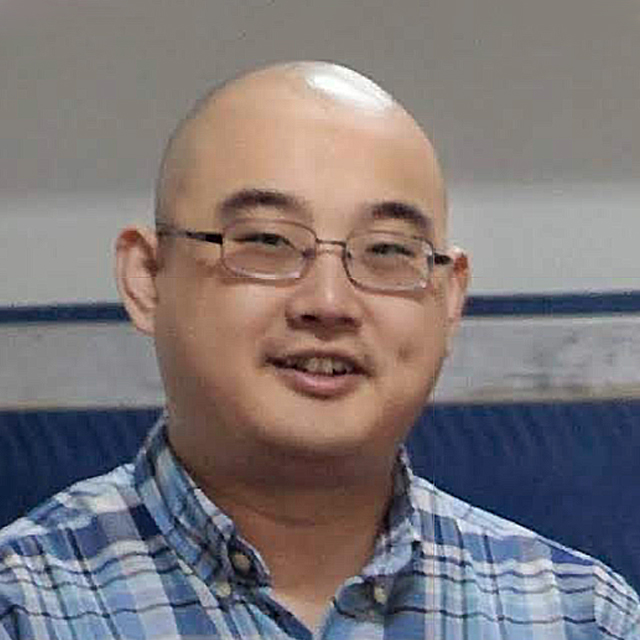Ziqing Hong
Assistant Professor, Department of Physics
 Ziqing Hong is an Assistant Professor in the Department of Physics.
Ziqing Hong is an Assistant Professor in the Department of Physics.
Hong specializes in experimental particle physics, studying the fundamental theory of the element building blocks of the universe. He makes a living by searching for physics beyond the “standard model of particle physics”.
Hong received his PhD from Texas A&M University, where he worked on a previous generation collider experiment, the Collider Detector, at Fermilab (CDF). He then pursued an anomaly of the properties of the top quark, the heaviest elementary particle in the Standard Model. After graduating Hong’s research moved to dark matter — the hypothetical form of matter that, if it exists, may account for more than a quarter of the energy density of our universe.
Looking beyond the standard model of particle physics, Hong explores this phenomenon with the Super Cryogenic Dark Matter Search (SuperCDMS) experiment, which builds a set of ultra-sensitive detectors, hosts them in a well-shielded underground laboratory and monitors dark matter particles interacting with detectors.
Hong’s research also examines Coherent Elastic neutrino-Nucleus Scattering (CEvNS) signals. When neutrinos — elementary particles in the standard model known for being stealth — have very low energy, they start to interact with the nucleus as a whole (i.e. coherent scattering). As a result, they interact much more often, to the extent that an ultra-sensitive kilogram-size detector is sufficient to observe them. Hong is part of a ricochet experiment that employs SuperCDMS-similar detectors to perform precision measurements of low-energy neutrinos coming from a research reactor — something that could yield more hints to physics beyond the standard model.

